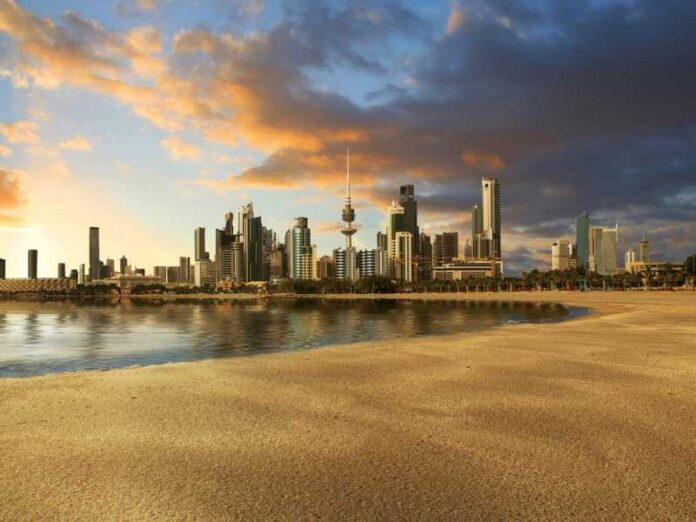Despite prioritizing spending on development projects and providing facilities to expedite their completion, official data revealed that during the first half of the current fiscal year 2023/2024, only 108 million dinars were spent on development projects. Out of the allocated 1.02 billion dinars for these projects, the disbursement rate was approximately 10%.
According to the data, the annual development plan consisted of 130 projects. Among these, 13 projects had not commenced, approximately 52 were in the preparation stage, 60 were in the implementation stage, and five were in the delivery stage, reports Al-Qabas daily.
Relevant sources expressed concerns about the low disbursement and completion rates, fearing a repeat of last year’s failures when only 10 projects were completed and the disbursement rate did not exceed 50%, marking the lowest historical rate since the inception of the development plan projects in 2010/2011.
In several circulars from the Ministry of Finance, government agencies were strongly urged to prioritize development plan projects. The ministry stressed the importance of promptly initiating special procedures and implementing development projects for the new fiscal year, without waiting for budget approval. These agencies were authorized to initiate tendering processes and special practices outlined in the draft budget even before its approval by the National Assembly.
The list of development projects for the current year includes significant initiatives like the Northern Economic Zone Development Project, aiming to establish a region with special laws and regulations to attract high-value global investments while ensuring transparent financial resource management. Additionally, strategic projects like the expansion of Kuwait Airport’s Passenger Terminal 2 and the development of Mubarakiya Markets and parking lots are part of the implementation schedule.
A final report analyzing development projects from the past year identified obstacles slowing down the project completion process. These obstacles included delays in contractual procedures and obtaining required approvals from regulatory authorities, with legislative challenges being a prominent issue. Many projects require their own laws or amendments to existing legislation.
The report highlighted several reasons for the lack of progress in achieving the sustainable development plan, more than a decade after the launch of Vision 2035 such as the salaries and subsidies consuming 80% of the state’s general budget, productivity rates remain low compared to the significant level of state budget spending, oil revenues constitute 91% of the state’s total revenues and international oil prices significantly impact the deficit or surplus in the state’s general budget.

















